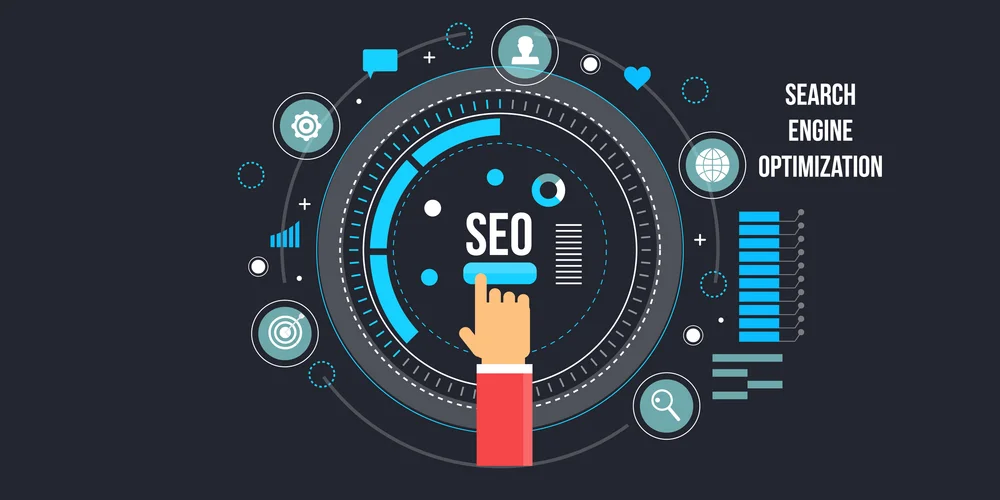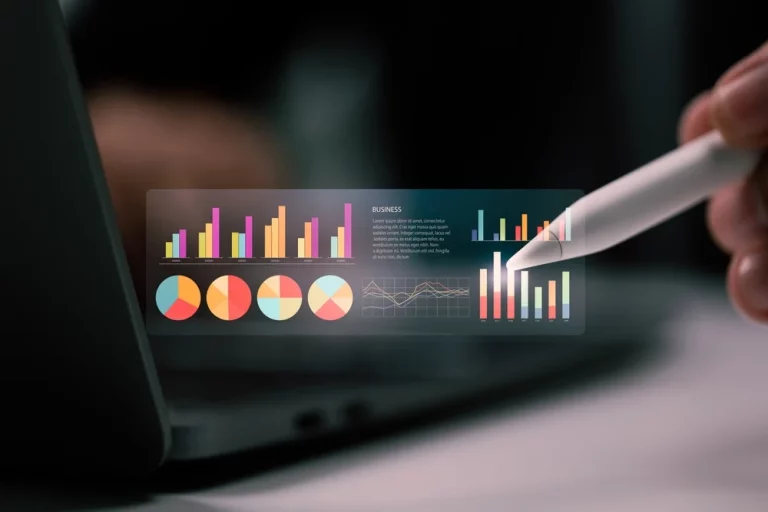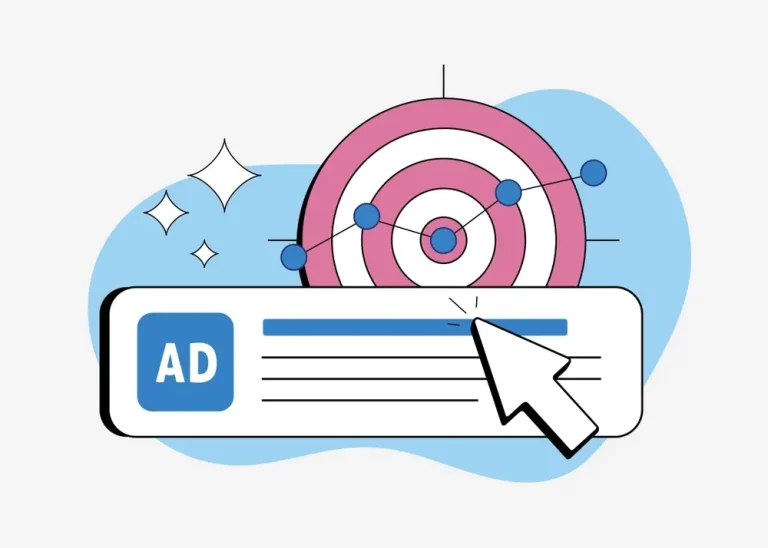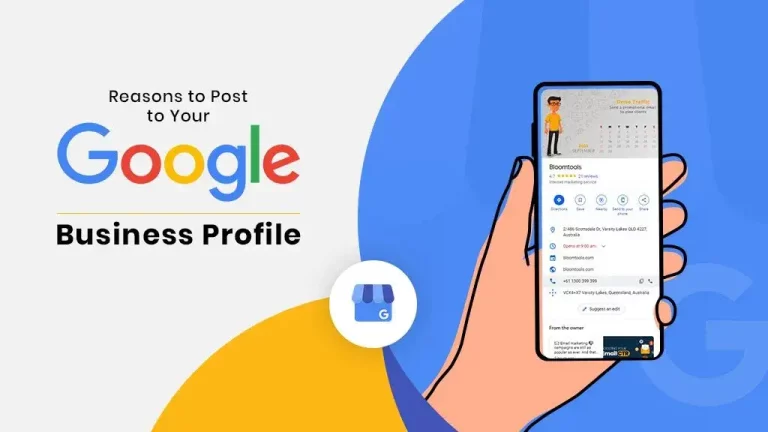Emerging SEO Techniques to Watch in 2024

Search Engine Optimisation (SEO) has always been a dynamic field, with constant changes driven by updates to search engine algorithms, advancements in technology, and evolving user behaviour. As we approach 2024, it’s clear that SEO will continue to play a critical role in digital marketing strategies, but the techniques and approaches that have worked in the past may no longer be sufficient. In this article, we will explore the emerging SEO techniques to watch in 2024, providing insights into how businesses can adapt their strategies to stay competitive in an increasingly complex digital landscape.
1. The Continued Rise of AI and Machine Learning in SEO
Artificial Intelligence (AI) and machine learning have been gradually integrated into SEO practices over the past few years, and their influence is set to grow even further in 2024. Google’s RankBrain, an AI algorithm, has been a game-changer, helping the search engine understand the intent behind search queries more effectively. As AI continues to evolve, it will have a profound impact on how SEO is conducted.
In 2024, SEO professionals will need to focus on optimising content not just for keywords, but also for search intent. AI-driven algorithms like RankBrain are becoming better at interpreting the nuances of language, making it essential for content creators to consider the intent behind users’ searches. This means understanding the types of questions users are asking, the problems they are trying to solve, and the outcomes they hope to achieve.
Moreover, AI tools such as OpenAI’s GPT-4 are being utilised to generate content, optimise for voice search, and even predict the effectiveness of SEO strategies. In the near future, AI-driven content creation could become a norm, but with a greater emphasis on human oversight to ensure content remains relevant, accurate, and aligned with brand messaging.
2. Voice Search Optimisation
Voice search has been gaining traction over the past few years, largely due to the increasing popularity of smart speakers and voice assistants like Amazon’s Alexa, Google Assistant, and Apple’s Siri. As voice search continues to grow, SEO strategies in 2024 will need to adapt to accommodate this shift in user behaviour.
Optimising for voice search requires a different approach compared to traditional text-based search. Voice search queries tend to be longer and more conversational, often in the form of questions. For instance, while a text-based search might be “best Italian restaurant London,” a voice search could be “What’s the best Italian restaurant in London?”
To optimise for voice search, content creators should focus on natural language processing (NLP) and conversational keywords. Creating FAQ pages that address common queries, using long-tail keywords, and structuring content in a way that mirrors natural speech patterns will be crucial. Additionally, ensuring that your website is mobile-friendly, as many voice searches are conducted on mobile devices, will also be important.
In 2024, we can expect to see an increase in voice search-optimised content, particularly in industries where quick, on-the-go information is valuable, such as local services, travel, and hospitality.
3. The Role of E-A-T (Expertise, Authoritativeness, Trustworthiness)
Google’s emphasis on E-A-T (Expertise, Authoritativeness, Trustworthiness) is not new, but it is expected to become even more critical in 2024. As misinformation and low-quality content proliferate online, search engines are increasingly prioritising content that demonstrates expertise, authoritativeness, and trustworthiness.
To build E-A-T, businesses should focus on creating high-quality, well-researched content that provides real value to users. This involves citing credible sources, featuring expert opinions, and ensuring that all information is accurate and up-to-date. Additionally, author bios and credentials should be included to establish the credibility of content creators.
Backlinks from authoritative sites also play a significant role in establishing E-A-T. In 2024, link-building strategies will need to focus on earning links from reputable sources rather than relying on outdated tactics like link farms or reciprocal linking. This can be achieved by building relationships with industry influencers, creating shareable content, and engaging in guest blogging on respected platforms.
Moreover, user-generated content (UGC) such as reviews, testimonials, and case studies can enhance trustworthiness. Encouraging satisfied customers to leave reviews and share their experiences on reputable platforms will help build trust and improve search engine rankings.
4. Mobile-First Indexing and the Importance of User Experience (UX)
Google’s shift to mobile-first indexing, where the mobile version of a website is prioritised for indexing and ranking, has been ongoing for several years. By 2024, this approach will be fully entrenched, making mobile optimisation a non-negotiable aspect of SEO.
Ensuring that your website is responsive and offers a seamless user experience on mobile devices will be paramount. This includes optimising page load speeds, as slow-loading pages can lead to high bounce rates and lower rankings. Using Google’s PageSpeed Insights tool can help identify areas for improvement in this regard.
Additionally, mobile-friendly design should prioritise ease of navigation, readability, and accessibility. Websites should avoid intrusive pop-ups, ensure that buttons and links are easily tappable, and use fonts and colours that are easy to read on smaller screens.
The importance of user experience (UX) extends beyond mobile devices. In 2024, SEO will be increasingly intertwined with UX principles, as search engines continue to place greater emphasis on metrics such as dwell time, bounce rate, and click-through rate (CTR). Websites that offer a smooth, intuitive user experience are more likely to retain visitors and convert them into customers, leading to better search engine rankings.
5. Core Web Vitals and Page Experience Updates
In 2021, Google introduced Core Web Vitals as part of its Page Experience update, placing a greater emphasis on user-centric metrics such as loading performance, interactivity, and visual stability. By 2024, these metrics will be deeply ingrained in SEO strategies, with businesses needing to prioritise technical SEO to ensure their websites meet Google’s standards.
The three key metrics that make up Core Web Vitals are:
- Largest Contentful Paint (LCP): Measures loading performance. To provide a good user experience, LCP should occur within 2.5 seconds of when the page first starts loading.
- First Input Delay (FID): Measures interactivity. Pages should have an FID of less than 100 milliseconds.
- Cumulative Layout Shift (CLS): Measures visual stability. Pages should maintain a CLS of less than 0.1 to ensure content does not unexpectedly shift during loading.
Optimising for Core Web Vitals involves a combination of improving server response times, optimising images and media, and refining CSS and JavaScript execution. Additionally, businesses should regularly monitor these metrics using tools like Google Search Console and Lighthouse to ensure ongoing compliance.
As search engines continue to refine their algorithms to prioritise user experience, the focus on Core Web Vitals and page experience updates will only intensify. Websites that fail to meet these standards risk falling behind in search rankings, while those that excel will be rewarded with higher visibility.
6. Visual Search and the Role of Image Optimisation
Visual search is an emerging trend that is expected to gain significant traction in 2024. With the advent of technologies like Google Lens, Pinterest Lens, and Amazon’s visual search, users can now search for products, landmarks, and even recipes simply by uploading or taking a picture.
As visual search becomes more prevalent, businesses will need to optimise their images for search engines. This includes using descriptive file names, adding alt text, and ensuring that images are of high quality and relevant to the surrounding content. Additionally, structured data can be used to provide search engines with more information about the images, improving their chances of appearing in visual search results.
In 2024, we can expect to see visual search optimisation becoming a standard practice, particularly in industries such as e-commerce, where product images play a crucial role in the purchasing decision. Businesses that invest in image SEO will be well-positioned to capture the growing audience of visual search users.
7. The Evolution of Content and the Role of Video SEO
Content has always been the backbone of SEO, but the type of content that ranks well in search engines is continually evolving. In 2024, video content is expected to play an even more prominent role in SEO strategies.
Video SEO involves optimising video content to improve its visibility in search engine results pages (SERPs). This includes optimising video titles, descriptions, and tags with relevant keywords, as well as adding transcripts and closed captions to make videos more accessible and easier for search engines to index.
YouTube, the world’s second-largest search engine, will continue to be a critical platform for video SEO. Businesses should focus on creating engaging, high-quality video content that answers users’ questions and meets their needs. Additionally, integrating video content into blog posts and landing pages can improve overall engagement metrics, such as dwell time and CTR, which are important ranking factors.
In 2024, we can expect to see more businesses investing in video content creation and optimisation, as video becomes an increasingly important component of a comprehensive SEO strategy.
8. Local SEO and the Importance of Google Business Profile
Local SEO has always been important for businesses that rely on foot traffic or serve a specific geographic area. However, with the increasing use of mobile devices and voice search, local SEO is expected to become even more critical in 2024.
A key component of local SEO is optimising your Google Business Profile (formerly known as Google My Business). This involves ensuring that your business information is accurate and up-to-date, including your name, address, phone number, and hours of operation. Additionally, businesses should encourage satisfied customers to leave reviews, as positive reviews can significantly impact local search rankings.
In 2024, local SEO will likely involve more than just optimising your Google Business Profile. Businesses will need to focus on building
local citations, creating locally relevant content, and engaging with their community on social media. Additionally, as search engines continue to refine their algorithms, we may see a greater emphasis on hyperlocal SEO, where businesses target specific neighbourhoods or even streets.
| AI Application | Description | Benefits |
|---|---|---|
| Personalisation at Scale | AI enables highly tailored customer experiences by analysing behaviour and preferences to deliver personalised content and recommendations. | Increases customer satisfaction, engagement, and sales by making marketing more relevant to individual users. |
| AI-Powered Customer Insights | AI analyses vast amounts of data to generate deep insights into customer behaviour, preferences, and sentiment. | Helps marketers understand customer needs better, enabling more effective targeting and improved customer experiences. |
| Content Creation and Curation | AI tools can generate and curate content, optimising it for SEO and personalising it for individual users. | Saves time and ensures that content is highly relevant and engaging, improving overall content strategy effectiveness. |
| AI-Driven Customer Service | AI-powered chatbots and tools handle customer inquiries and provide support in a conversational and efficient manner. | Improves customer satisfaction with 24/7 support, instant responses, and personalised interactions. |
| Programmatic Advertising | AI automates the buying and selling of ad space, targeting specific audiences with personalised ads in real-time. | Enhances ad relevance, reduces wasted ad spend, and improves ROI by reaching the right audience at the right time. |
| AI in Email Marketing | AI optimises email content, send times, and audience segmentation to increase engagement and conversions. | Leads to higher open rates, click-through rates, and more effective email marketing campaigns. |
| SEO Optimisation | AI-powered tools improve keyword research, content optimisation, and technical SEO by analysing vast data sets. | Boosts search engine rankings and increases organic traffic by optimising for search engine algorithms more effectively. |
| Ethical Considerations and Challenges | AI use raises concerns around data privacy, bias, and transparency in marketing practices. | Ensuring ethical AI use builds customer trust and avoids potential legal or reputational risks. |
| Future Potential | AI’s role in marketing will grow, with advancements in hyper-personalisation, omnichannel marketing, and integration with AR/VR technologies. | Offers even more personalised, timely, and immersive marketing experiences that drive customer engagement and business growth. |
9. The Growing Importance of Structured Data and Schema Markup
Structured data and schema markup have been important SEO techniques for several years, but their importance is expected to grow even further in 2024. Structured data helps search engines understand the content of your website better, which can lead to enhanced search results, such as rich snippets, knowledge panels, and more.
Schema markup is a form of structured data that you can add to your HTML to improve the way search engines read and represent your page in SERPs. By adding schema markup, businesses can provide search engines with additional information about their content, such as event dates, product prices, and customer reviews.
In 2024, we can expect to see more businesses adopting structured data to improve their search visibility. Additionally, as search engines continue to develop, we may see the introduction of new schema types and the expansion of existing ones, offering even more opportunities for businesses to enhance their search listings.
10. Ethical SEO Practices and the Future of Link Building
As search engines become more sophisticated, they are getting better at identifying and penalising unethical SEO practices, such as keyword stuffing, cloaking, and buying links. In 2024, ethical SEO practices will be more important than ever, as businesses that engage in black hat SEO tactics risk being penalised or even banned from search results.
One area where ethical SEO will play a crucial role is in link building. While backlinks remain an important ranking factor, the quality of links is far more important than the quantity. In 2024, businesses should focus on building relationships with reputable websites, creating high-quality content that others want to link to, and avoiding tactics like link farms or paid link schemes.
Ethical SEO practices also extend to content creation. As AI-generated content becomes more common, businesses will need to ensure that their content is original, accurate, and adds value to the user. Additionally, businesses should be transparent about how they use data and respect user privacy, as these factors are increasingly influencing search rankings.
Conclusion
As we move into 2024, SEO will continue to evolve, driven by advancements in technology, changes in user behaviour, and updates to search engine algorithms. Businesses that want to stay competitive will need to adapt their SEO strategies to embrace these emerging techniques, from optimising for voice search and video content to prioritising user experience and ethical SEO practices.
By staying ahead of the curve and focusing on delivering high-quality, relevant content that meets the needs of their audience, businesses can improve their search rankings and drive more organic traffic to their websites. In an increasingly crowded digital landscape, those who are able to navigate the complexities of SEO in 2024 will be well-positioned to succeed.
Contact Us
You can contact us on Whatsapp:
or fill up the contact form





